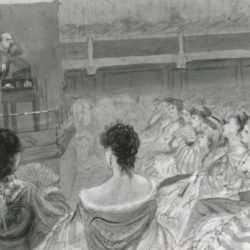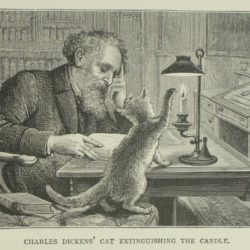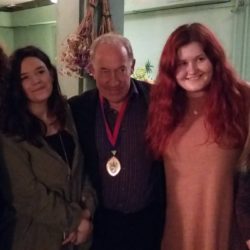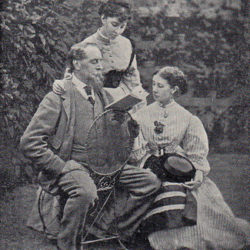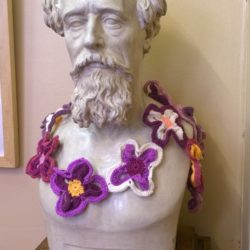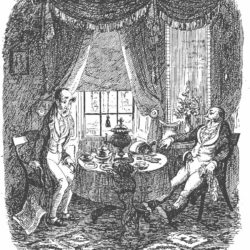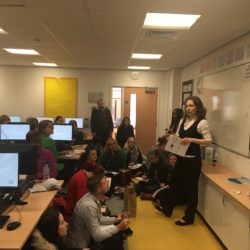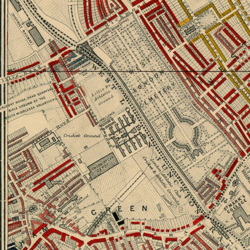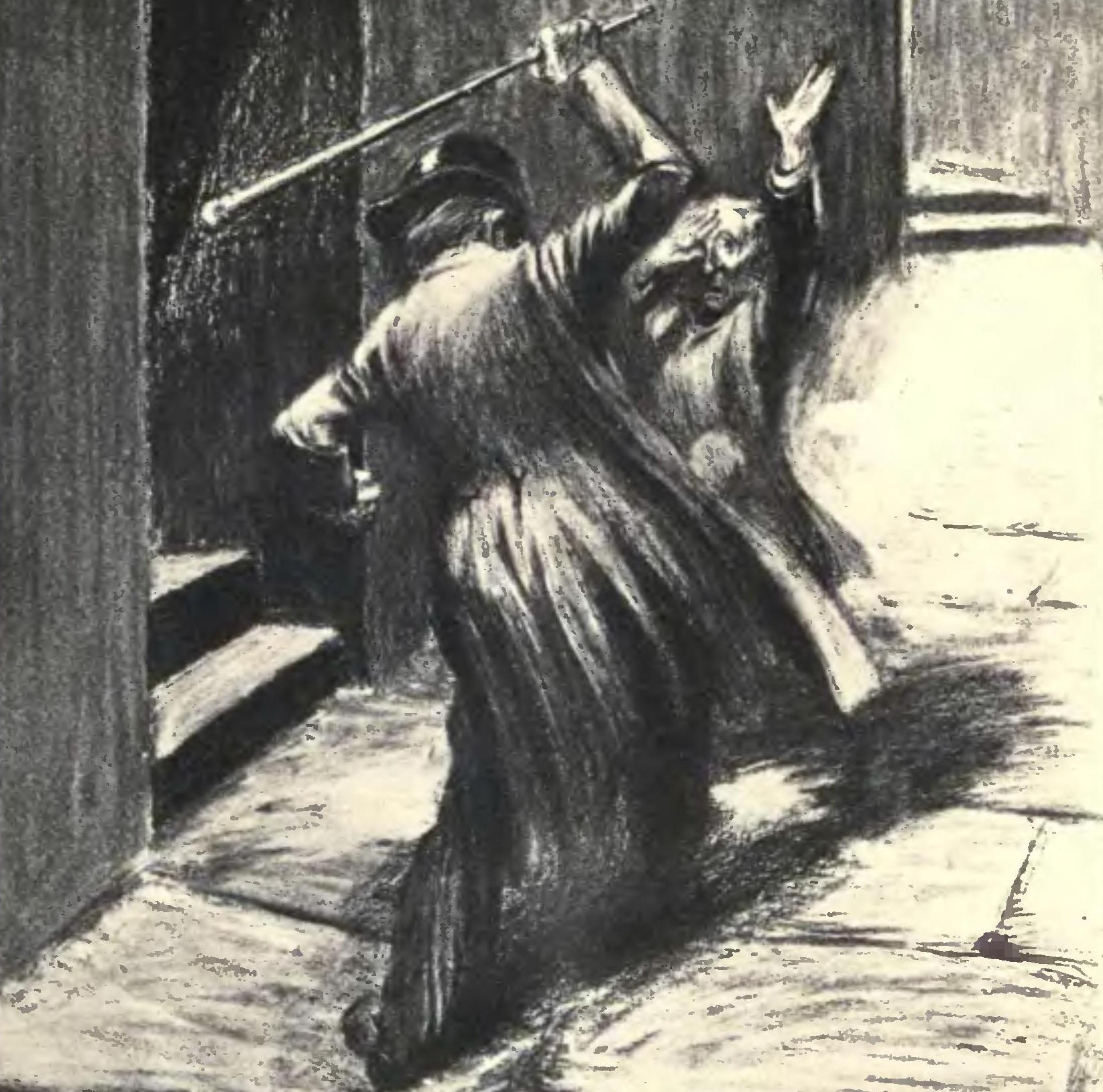In this post, Dr Caroline Radcliffe (University of Birmingham), discusses the dramatic quality of Dickens’s writing. She reflects on Dickens’s own dramatised reading, Sikes and Nancy, adapted from Oliver Twist, of which she directed a performance at the BMI in 2017 as part of the CLiC Dickens Day. This is a post of the BMI … Continue reading “Sikes and Nancy: Dickens and audience”
“Mew says the cat…Bow-wow-wow says the dog”: Which animal did Dickens prefer?
In this post for the “BMI lockdown life” series, Lydia Craig (@lydiaecraig on Twitter) of the Loyola University Chicago delights us with more insights about Charles Dickens, the 16th president of the BMI. Lydia is co-organizer of the upcoming #Dickens150 virtual conference on 9 June. If you want to join this day of virtual talks … Continue reading ““Mew says the cat…Bow-wow-wow says the dog”: Which animal did Dickens prefer?”
Hard Times at the BMI
In this post, Dr Serena Trowbridge (Birmingham City University), Senior Vice-President of the Birmingham & Midland Institute, discusses Dickens’ role in supporting the B&MI as an educational institution in its early days. By drawing on Dickens’ views on education in his novel Hard Times, this post is a perfect sequel to Dr Pete Orford’s post … Continue reading “Hard Times at the BMI”
Bitesize Boz: Reading Dickens in instalments online
Following the opening post by Samina Ansari, Dr Pete Orford (@DrPeteOrford on Twitter) of the University of Buckingham starts off our series of guest posts – ‘BMI lockdown life’ – that we guest-edit for the BMI blog. (The posts are published on both blogs). Pete is the Course Director for the MA by Research in … Continue reading “Bitesize Boz: Reading Dickens in instalments online”
How the BMI gave Charles Dickens a new career
This post by Samina Ansari, Junior Vice President of the Birmingham & Midland Institute (BMI), kicks off our new ‘BMI lockdown life’ series of guest posts. This series is a collaboration with the BMI blog, where the posts are published simultaneously. Samina highlights the historical importance of the BMI as a cultural hub and its … Continue reading “How the BMI gave Charles Dickens a new career”
Dickens makes the impossible possible: Charles Dickens, Reporter?
In this guest post, Miriam Helmers (University College London) draws on how different digital tools and sources to examine the relationship between Dickens’s journalism and his fiction. She reports very interesting insights into the writer’s use of “a fantastic kind of descriptive language”. Charles Dickens was a reporter before he was a writer of fiction. … Continue reading “Dickens makes the impossible possible: Charles Dickens, Reporter?”
Teaching the 19th-century novel: The CLiC session at #rEDBrum
We thoroughly enjoyed the researchED Birmingham (#rEDBrum) event today. It was amazing to see teachers’ passion for CPD and research – on a Saturday! Many thanks to Claire and Andy for putting together such a fantastic event with a brilliant programme! It can be really hard to choose sessions at researchED because you inevitably miss … Continue reading “Teaching the 19th-century novel: The CLiC session at #rEDBrum”
Good Neighbours, Good Friends? Navigating Neighbourhoods, Communities and Connection in Dickens
In this post, Dr Emily Bell (Loughborough University) explains how she has used CLiC to explore the theme of neighbourhoods in Dickens’s works. Emily is also an editor of the Dickens Letters Project and has recently been appointed as a fellow of the Software Sustainability Institute (SSI) – we look forward to learning more about … Continue reading “Good Neighbours, Good Friends? Navigating Neighbourhoods, Communities and Connection in Dickens”
Free teaching materials – looking for feedback!
These days, if you’re a teacher, you’re likely used to time pressure when preparing your classes. As part of the CLiC project we have been working on a number of free resources for you, hoping they will save you some time. In this post we ask for your feedback to ensure the resources we create … Continue reading “Free teaching materials – looking for feedback!”
Winner of the CLiC Digital Reading Competition 2019: Power & over-powering violence in Jekyll & Hyde, by Kaja Kozlowska
This post presents the winning entry for the CLiC Digital Reading Competition 2019 by Kaja Kozlowska of Bishop Walsh Catholic School in Sutton Coldfield. Kaja’s submission focuses on the themes of power and over-powering violence in Stevensons’s The Strange Case of Dr. Jekyll and Mr. Hyde. She addressed the question: “In what context is power … Continue reading “Winner of the CLiC Digital Reading Competition 2019: Power & over-powering violence in Jekyll & Hyde, by Kaja Kozlowska”


